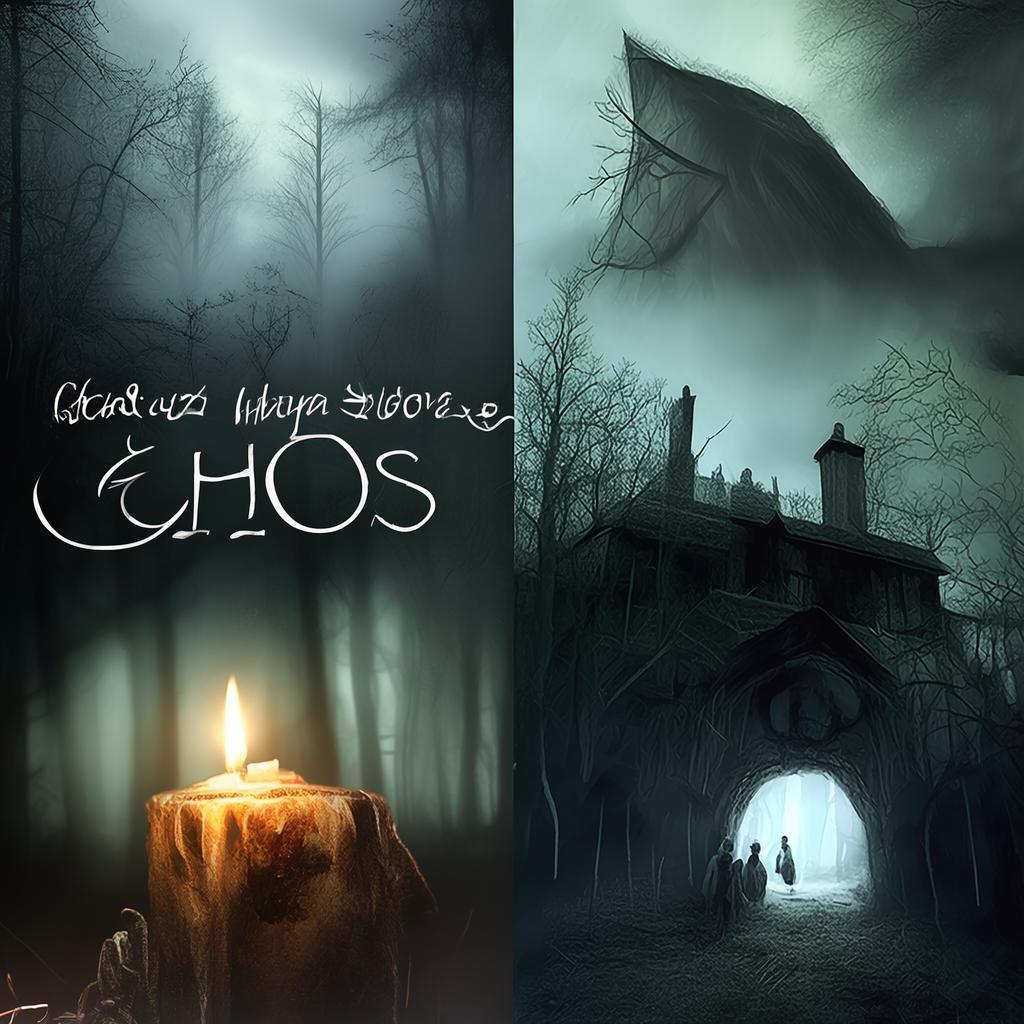Whispers of the Forgotten Samurai
In the shadowy alleys of a quaint village, nestled between the towering mountains of rural Japan, there stood an old cinema that had seen better days. The screen, once a beacon of laughter and tears, now hung in silence, its frame covered in cobwebs. The villagers whispered of its legend, a tale of a ghostly samurai that had once graced its screen, leaving an indelible mark on the very walls.
Yukio, a young cinephile with a penchant for the strange and eerie, stumbled upon the cinema one rainy evening. The rain, a relentless torrent, seemed to echo the melancholy of the place. Pushing open the creaking door, he was greeted by the musty scent of time forgotten. The air was thick with the memories of laughter and the sorrow of unrequited love, a tapestry woven by the silent films that had once played here.
As Yukio ventured deeper into the cinema, he noticed a small, dusty shelf filled with old film reels. His fingers brushed against the spines, each one a potential story waiting to be told. He pulled out a particularly worn reel, its label faded and almost illegible. The title that remained was "The Ghostly Samurai," a title that sent a shiver down his spine.

The reel clicked into the projector, and the film began to play. The screen flickered to life, and Yukio was instantly drawn into the world of the samurai. The story was of a vengeful spirit, a samurai who had been wronged by his lord and now sought to exact his revenge. The samurai's ghost haunted the village, appearing in the form of a misty figure that only the most loyal could see.
As the film progressed, Yukio found himself more and more engrossed. The samurai's quest for justice was a twisted tapestry of betrayal and sorrow, and Yukio found himself empathizing with the spirit's plight. But as the credits rolled, a sense of unease settled over him. The film ended with the samurai's final act, a sacrifice that seemed too dark, too real.
The next morning, Yukio awoke with a start, the events of the night replaying in his mind. He decided to visit the village and learn more about the samurai. The villagers, who had once shunned the cinema, now seemed to avoid him, their eyes darting away as if he carried the weight of their secrets.
Yukio met an old man named Katsuro, who had lived in the village his entire life. Katsuro's eyes held a wisdom that belied his years, and he listened intently as Yukio recounted the film's story. "That samurai," Katsuro began, "was a real man. His name was Kage. He was betrayed by his lord, and his spirit has been wandering the village ever since."
Katsuro explained that Kage had once been a revered samurai, known for his loyalty and bravery. But when his lord turned on him, Kage's spirit was bound to the village, unable to rest until his name was cleared. The villagers, fearing his wrath, had long avoided discussing him.
Yukio, driven by a sense of duty, decided to uncover the truth behind Kage's death. He began to piece together the story, visiting the sites where the events of the film had taken place. Each place seemed to echo with the samurai's spirit, a ghostly presence that seemed to guide him.
One evening, as Yukio stood before the old cinema, the door creaked open. Kage appeared before him, a misty figure that seemed to solidify as he spoke. "You have come to free me," Kage said, his voice echoing through the empty space. "But you must understand, my spirit has been bound to this place for far too long."
Kage explained that his spirit could not rest until the truth was revealed. He had been framed for a crime he did not commit, and his name had been besmirched. Yukio, moved by the samurai's plight, vowed to uncover the truth.
The young cinephile's journey took him to the local magistrate's office, where he discovered that Kage's name had been cleared, but the evidence had been destroyed. The magistrate, a man of principle, had been the one who had exonerated Kage, but he had since passed away.
With the truth uncovered, Yukio returned to the old cinema. He stood before the screen, the projector whirring to life as he placed the film reel back into the machine. The film began to play, and as the credits rolled, Yukio felt a sense of closure.
Kage's spirit appeared once more, his form now solid and serene. "Thank you," he said. "You have set me free." With a final bow, he faded away, leaving Yukio with a sense of peace.
The old cinema, once a source of fear, now stood as a testament to the power of truth and justice. Yukio left the village, his heart filled with a newfound respect for the past and the spirits that had guided him. The legend of the ghostly samurai would live on, a reminder of the enduring power of loyalty and the eternal quest for justice.
✨ Original Statement ✨
All articles published on this website (including but not limited to text, images, videos, and other content) are original or authorized for reposting and are protected by relevant laws. Without the explicit written permission of this website, no individual or organization may copy, modify, repost, or use the content for commercial purposes.
If you need to quote or cooperate, please contact this site for authorization. We reserve the right to pursue legal responsibility for any unauthorized use.
Hereby declared.









